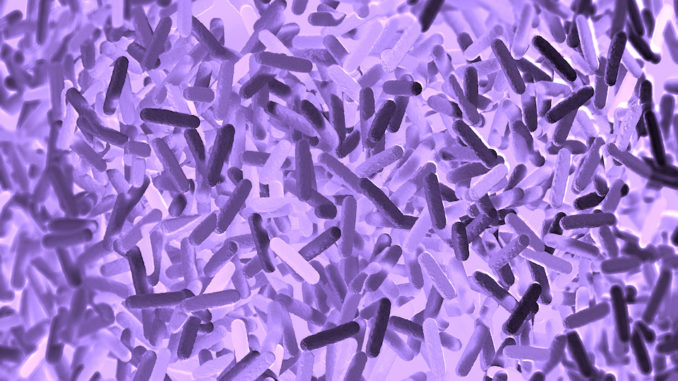
A new paper published today in Nature Communications introduces VIRGO, the first comprehensive non-redundant gene catalog of the human vaginal microbiome. Powered by the largest integrated data set of vaginal metagenomes and metatranscriptomes to date, VIRGO is the first reference database to provide a gene-centric approach to describe function and vaginal intraspecies variation at the strain level.
In the last two decades, results from large-scale research initiatives like the National Institutes of Health-funded Human Microbiome Project, MetaHit, the International Human Microbiome Consortium, and the American Gut Project, have increased appreciation for the important role microbial communities play in human health and disease. This early research focused on the gut microbiome of either humans or animal model species and quickly demonstrated the importance of moving beyond 16S rRNA gene amplicon sequencing to understand the complex mechanisms of host-microbiota interaction. Despite the rapid advancement of next-generation sequencing and the associated decrease in sequencing costs, research for distinct ecosystems outside the gut, such as the vaginal or skin microbiomes, has not achieved this type of characterization to date.
“Though 16S rRNA gene sequencing has provided foundational insight into the role of the vaginal microbiota in a wide array of common diseases, including bacterial vaginosis, urinary tract infection, and chlamydia, there was a definite unmet need to utilize advanced sequencing to build a reference gene catalog for the vagina. Until now, we lacked the technology and data necessary to do this,”
said Dr. Jacques Ravel, Professor of Microbiology and Immunology at the Institute for Genome Sciences at the University of Maryland School of Medicine and co-founder of LUCA Biologics, a biotechnology company developing microbe-based therapies to modulate the vaginal microbiome.
“VIRGO provides researchers with a new tool to understand the role of vaginal microbes in human health, and ultimately to design new solutions to diagnose, prevent, and treat conditions which impact millions of women globally.”
The paper’s most significant finding is the discovery of nearly one million non-redundant genes, revealing that even within a single species, there is significant genomic and functional diversity with many strains of the same species working together as an ecosystem. This revelation challenges the widely-held notion that an optimal and protective vaginal microbiota was dominated by one strain.
This new understanding of intraspecies diversity has profound implications for ecosystem stability and resilience, the relationship to host health, and the potential to leverage bioinformatics and machine learning to develop a new class of microbe-based therapies. Additionally, the platform provides over ninety-five percent coverage of the human vaginal microbiome and is applicable to populations from North America, Africa, and Asia.
“VIRGO presents the most detailed portrait to date of the vaginal microbiome and its relationship to human health,”
said Luba Greenwood, LUCA Biologics co-founder and CEO.
“This unprecedented view of intraspecies diversity goes far beyond the scope of current genome references and introduces new selection criteria and biomarkers. VIRGO speaks to the potential of gene-specific, living medicines to prevent and treat diseases, targeting the highest unmet medical needs for women around the world.”

